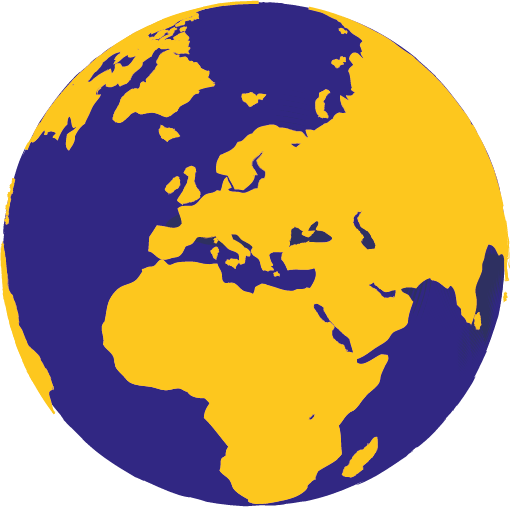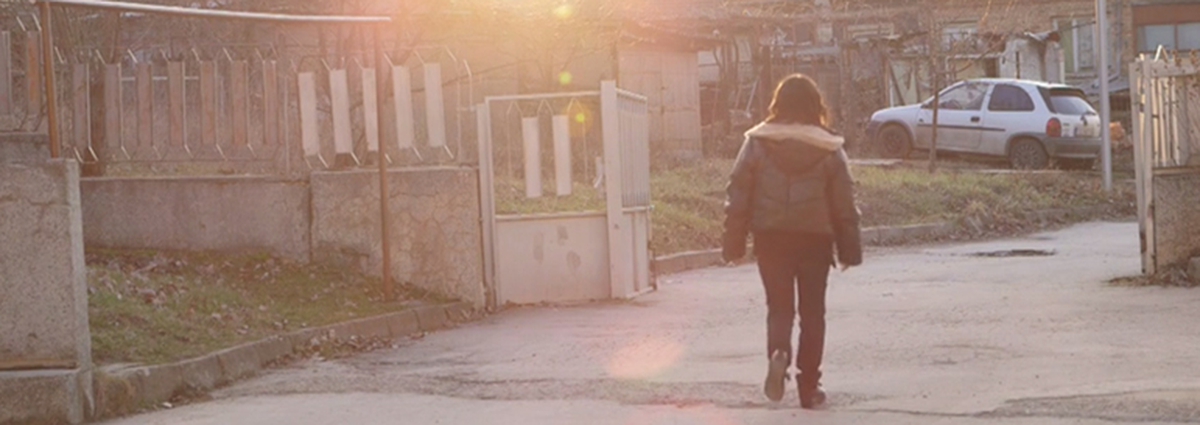A conference in Sofia, Bulgaria, this week - co-hosted by J.K Rowling’s international non-profit organisation Lumos and the State Agency for Child Protection in Bulgaria – will highlight a dramatic reduction in the numbers of children in institutions and orphanages by 78% in the last five years.
There were 6,730 children and young people in institutional care in Bulgaria in 2010. This fell to 1,502 in 2015. The conference on June 23 - Deinstitutionalisation Process – Progress and Challenges - will feature new research in a report on the beneficial impact for 1,291 of those children and young people with disabilities who have moved from residential institutions to community-based ‘small group homes’ (SGHs), providing family-style care, which were created in the Bulgarian Childhood for All project.
A separate Lumos report on the finances of reform demonstrates that institutional care is the most expensive and least effective form of care and that Bulgaria can afford to create community-based services. Lumos recommends that the government changes how small group homes are financed, so that funding is sufficient to ensure that individualised care is provided to meet the need to children and young people. Both reports were produced in partnership with the government. Non-Lumos research has found strong public support for reform in Bulgaria, with 84% of those questioned agreeing that new services offer better care.
To mark the conference, Lumos has also released a new film about the five-year project to close Krushari, one of the largest and most notorious of institutions for children with disabilities – a story told in a recent UK Sunday Times article.
The assessment compared the development and quality of life of each of the children with a previous assessment of the same group when they were still in institutions, with the aim of helping Bulgaria to understand what is needed in the next phase of reform. Key positive findings include:
The new more cost effective system, supported in a ground-breaking partnership by the European Commission (EC), was found to have led to considerable improvement in the independence skills of children and young people, with only 14% having some degree of independence in institutions, a figure which doubled to 28% in the small group homes.Self-confidence, willingness to interact, physical and/or psychological activity, and overall emotional state, were enhanced.
A group of young Lumos-supported ‘self-advocates’ with intellectual disabilities undertook an assessment visiting small group homes, which found areas of concern that mirrored the overall findings:
- Eating and drinking. The young researchers were concerned that not enough time was spent supporting children and young people to eat and drink at their own pace and that this was likely to be harmful.
- Overuse of medication. They were concerned to see frequent use of medication to control behaviour and felt that behaviour deemed to be challenging came predominantly from frustration or the inability to communicate.
- Dental care. They felt little attention was paid to dental care and that dentists should adapt their surgeries to be more accessible to children with disabilities.
- Movement. The young researchers were also concerned to see some children who only stayed in beds, recommending daily exercise and movement.
Lumos has therefore recommended investment in training of staff inside the small group homes to improve eating and drinking support for those with complex disabilities; and their dental health. Similarly, enhanced training will help staff deal more constructively with challenging behaviour, including a reduction in the use of medication. The government should also ensure greater access to services outside the small group homes, including inclusive education in mainstream schools.
Georgette Mulheir, Lumos CEO, said: “The progress so far is commendable but there is much more to be done. The assessments so far only looked at children and young people who went into small group homes. A substantial number were also placed in families. A further assessment of their experiences is not only likely to yield an even more positive picture of the impact of deinstitutionalisation but will enable the government to plan the next stage of reform, in collaboration with the European Commission, with a focus on truly community-based services which support families to stay together and prevent separation and institutionalisation.”
For further information about Lumos please contact john.steele@wearelumos.org or call on +44 20 7253 6464; or nela.vamporova@wearelumos.org or +359 8511684
About the Sofia conference
The conference ‘DI Process – Progress and Challenges’ - will be held on June 23, at 14.00 in the Iztok room of the National Assembly of the Republic of Bulgaria. The event will be opened by Trendafil Meretev – Country Director of Lumos Foundation in Bulgaria- and the Chairperson of the State Agency for Child Protection (SACP) Ms. Ofelia Kaneva. The conference will be attended by Denitsa Satcheva – Deputy Minister of Labour and Social Policy; Dr Adam Persenski – Deputy Minister of Health; Dora Krumova – European Commission, Employment, Social Affairs and Inclusion DG; and Georgette Mulheir, Chief Executive Officer of Lumos. The Lumos self-advocates will also attend.
About Childhood for All
Childhood for All was a Bulgarian Government project, supported by Lumos and others, to close all institutions for children with disabilities and replace them with services in the community. It been completed successfully.



